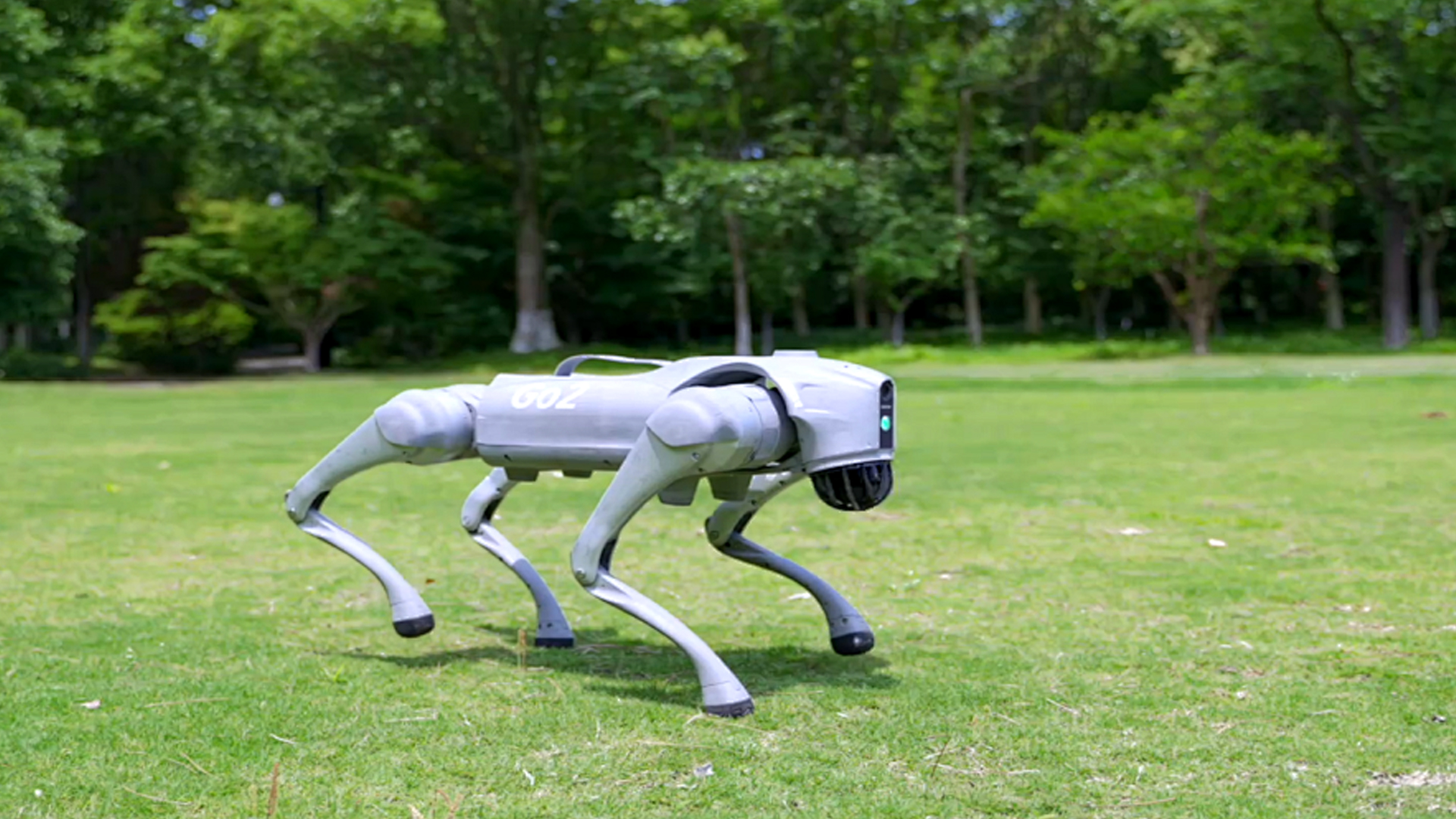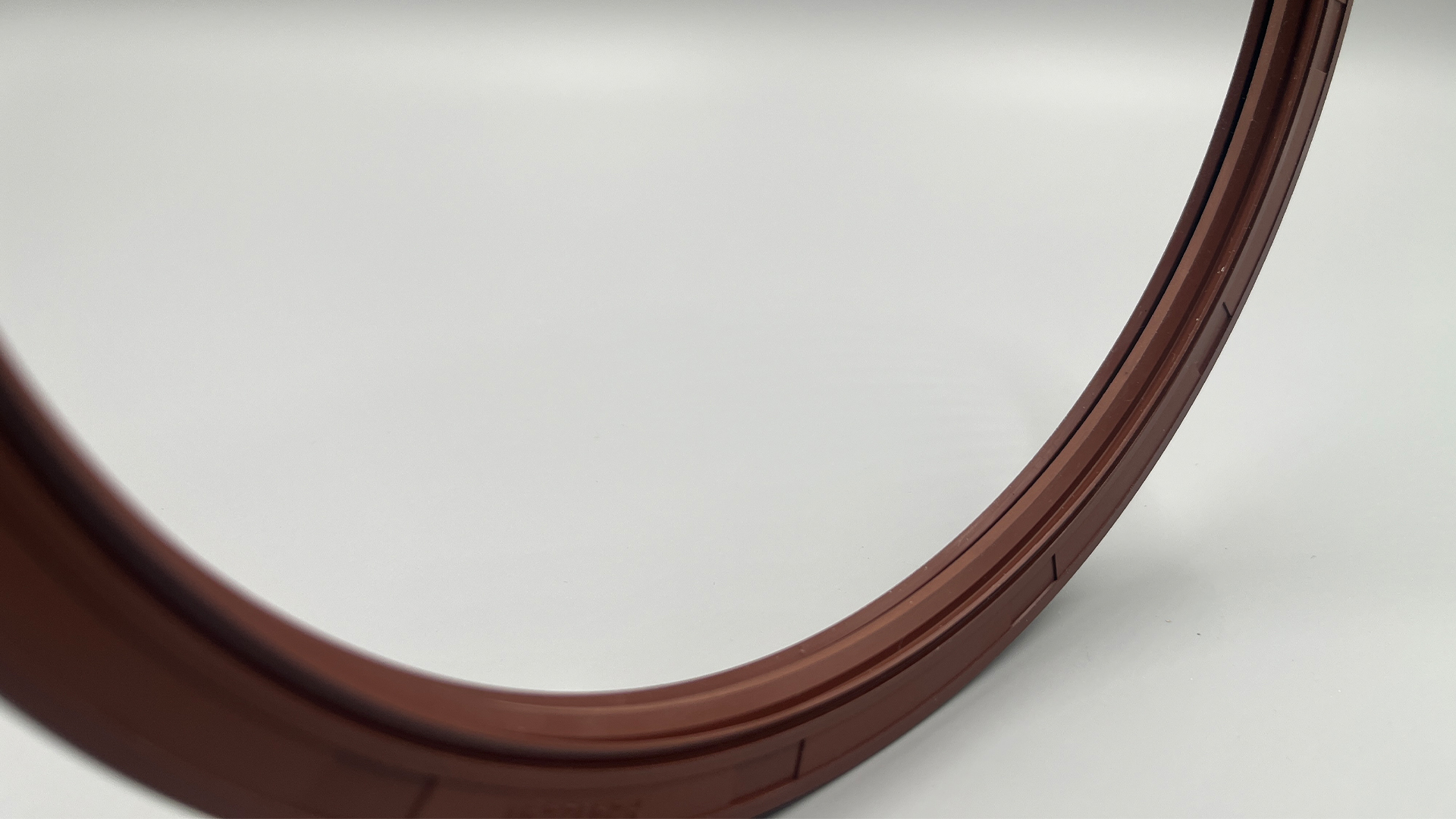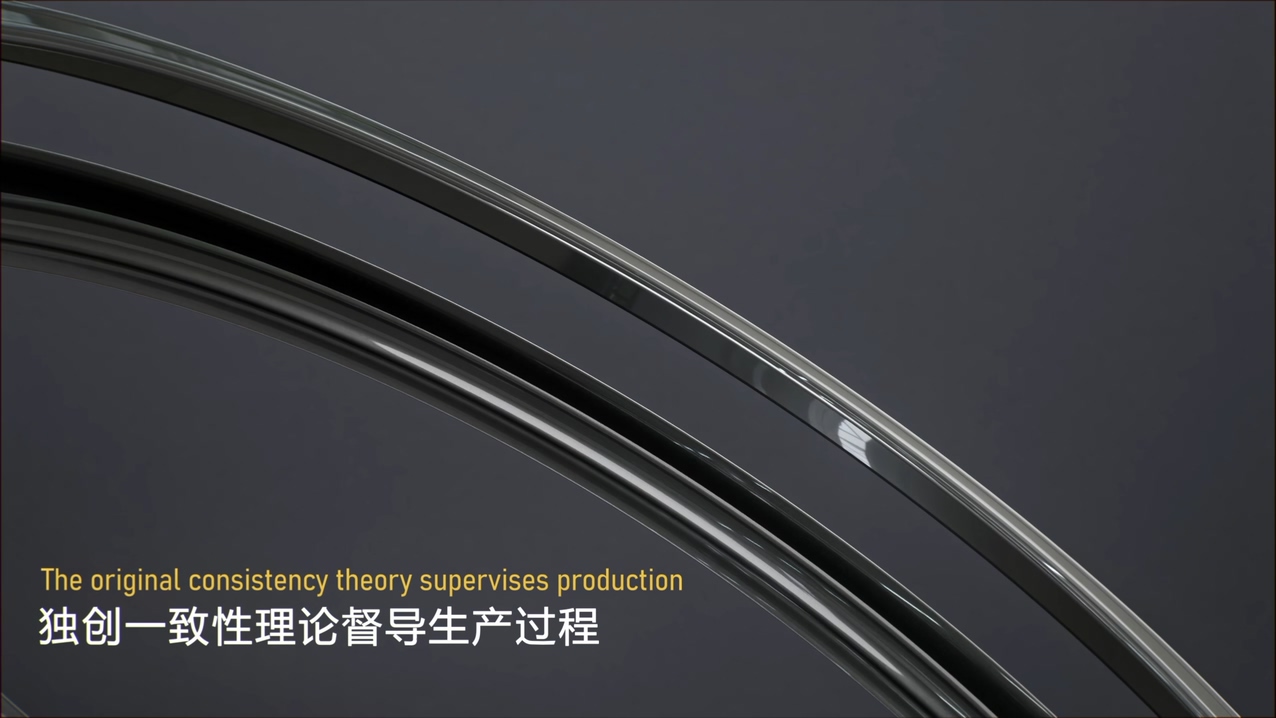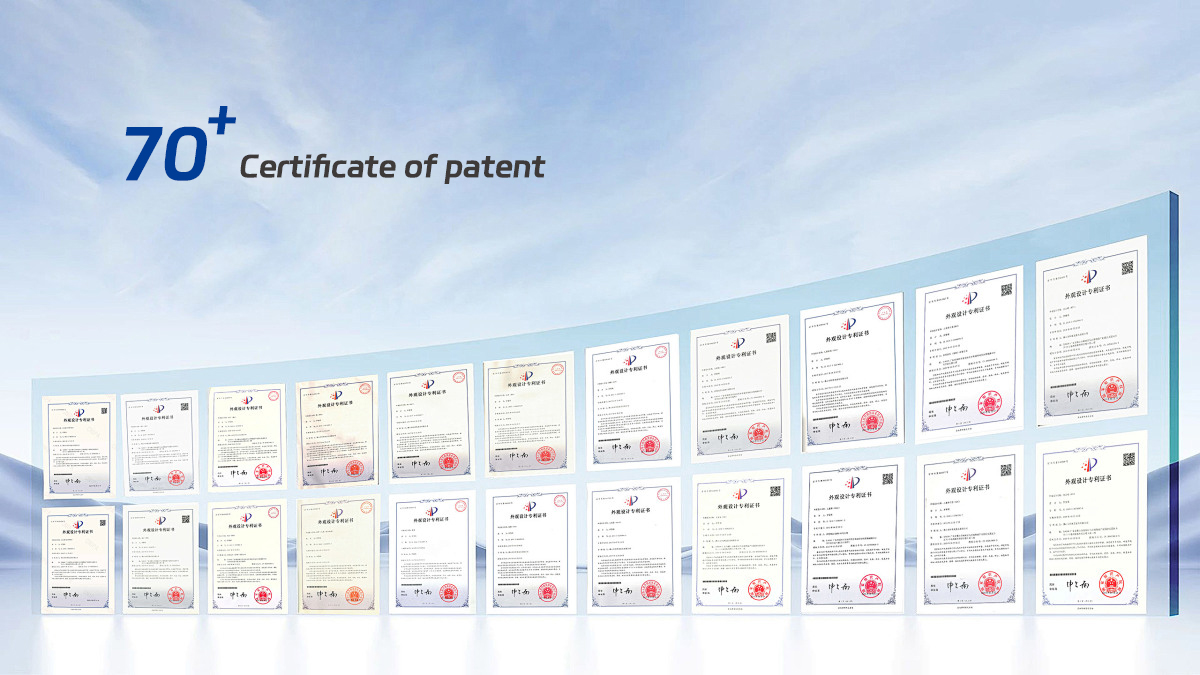Robotic dog (four-legged robot)
Focuses on “high torque density, impact resistance, and lightweight design”
The robot dog must operate in unstructured environments (such as mountainous terrain, stairs, and gravel roads), performing actions including walking, running, jumping, and obstacle crossing. Its joints must withstand high-frequency variable loads and impacts (e.g., landing impacts can reach 3–5 times its own weight), while maintaining overall weight control to ensure mobility (typically 0–50 kg for the entire unit). Therefore, the core requirements for its reducers are high torque density (high torque output in a compact size), strong impact resistance, and lightweight design.

☆ Customized planetary gearboxes:
The mainstream choice for robot dog joints is mostly self-developed or customized by manufacturers.
Features: Adopting an integrated design (motor + gearbox + encoder integration), the weight is only 1/5 to 1/3 of that of industrial gearboxes with the same torque; through material optimization (such as aerospace aluminum alloy, high-strength plastic) and structural reinforcement (gear surface hardening treatment), the impact resistance is improved to 2-3 times that of industrial planetary gearboxes; moderate gear ratio (10-50), balancing torque output and response speed.
☆ Harmonic reducer (improved version):
Used for joints with lighter loads (such as neck and tail balancing joints).
Features: Enhanced impact resistance by increasing flexible gear thickness and optimizing gear tooth design (extending lifespan by 50% compared to industrial harmonic reducers), but still limited to light-load scenarios (single joint load < 5 kg).
☆ Hydraulic-mechanical hybrid reducer:
Used in a few high-end robotic dogs, suitable for ultra-heavy-load and high-impact scenarios.
Features: Extremely high torque density (up to 500 N·m/kg), capable of withstanding impact loads 10 times its own weight, but with a complex structure and significant weight, it is gradually being replaced by electric reducers.
Based on systematic research into the various oil seal structures used by leading international brands, UKS has combined its 20 years of technical expertise to continuously optimize and iterate its designs, resulting in the launch of UKS robot-specific oil seals. These oil seals are specifically designed for common operating conditions in robots, addressing the issue of conventional skeleton oil seals being unable to maintain stable sealing over the long term in narrow cross-sectional conditions.

Millimeter-level space conqueror
▸Narrow cross-section topological optimization design, breaking through the installation space limitations of traditional oil seals
▸Adaptive thin-walled structure compatible with micro-deformation of precision joints
Dual dust barrier
▸Outer dust lip: Effectively blocks external dust particles
▸Inner flexible compensation layer: Dynamically fills microscopic wear gaps
▸Based on dual radial force testing theory, seamlessly switches between dynamic and static sealing states
Wear coefficient theory and practice benchmark
▸Optimized material composition reduces wear coefficient to theoretical minimum
▸Triple composite structure design:
- Low-friction surface layer (reduces temperature rise)
- High-elasticity intermediate layer (compensates for deformation)
- Creep-resistant base layer (maintains radial force stability)
Robot oil seal rubber materials are mainly made of fluorocarbon rubber (FKM).
▸Excellent high-temperature resistance
The long-term operating temperature can reach 200℃, and special grades such as perfluoroelastomer (FFKM) can even maintain elasticity at 300℃.
▸Extremely strong chemical corrosion resistance
Highly resistant to strong acids (such as fuming nitric acid, concentrated sulfuric acid), strong alkalis, organic solvents (such as chlorinated hydrocarbons, high-aromatic gasoline), and oils, with minimal swelling or degradation.
▸Excellent aging resistance and vacuum performance
Resistant to ozone, ultraviolet light, and atmospheric aging, with stable performance even after ten years of natural storage.
▸Balanced mechanical properties and electrical insulation
Tear strength reaches 3–7 MPa, with elongation exceeding 600%, while also providing low-frequency electrical insulation capability.

Over the past two decades, UKS production system technicians have pioneered innovative solutions to address the scientific challenges associated with the dimensions and structure of elastomer oil seals. This breakthrough has resolved the long-standing concerns of rubber elastomer product manufacturers regarding product dimensional control. The resolution of rubber product dimensional consistency issues has propelled UKS oil seal product dimensional and structural scientific control into a phase of rapid development.
The essence of product consistency process lies in a three-tier system of “design standardization - process digitization - intelligent control,” which controls variations in the 4M1E (man, machine, material, method, environment) within acceptable ranges. The key implementation points include:
1. Establishing quantifiable process standards and traceable parameter records;
2. Utilizing detailed data accumulation to adjust and identify seal performance under different conditions in real time;
3. Leveraging IoT, AI, and other technologies to achieve real-time monitoring and predictive adjustments across the entire production process;
4. Utilizing two-dimensional imaging analysis equipment to comprehensively control defective products and achieve the goal of “zero defects” production.

☆ UKS holds more than 70 core technology patents;
☆ 30% of annual profits are invested in technology research and development, continuously deepening seal design and manufacturing technology;
☆ Research, production, and sales are integrated, accumulating rich product design and research and development experience in the process of continuous development.